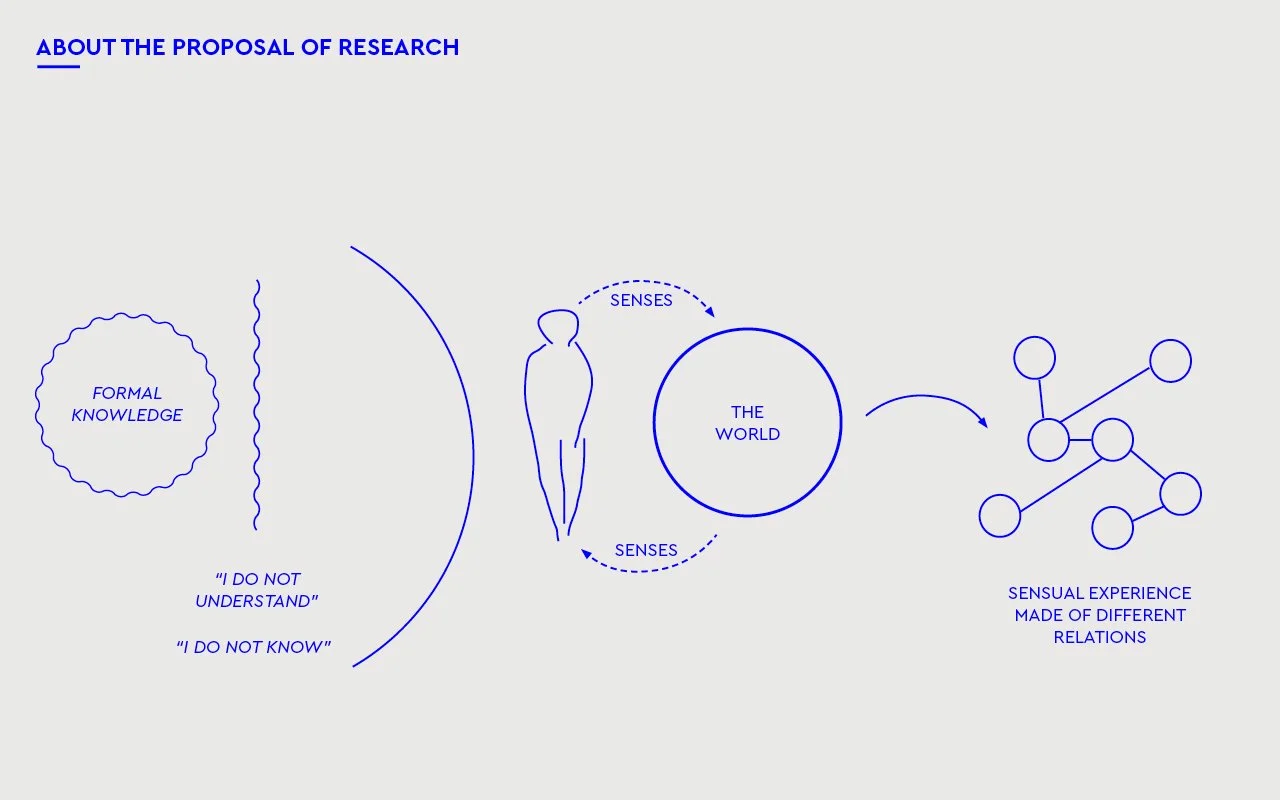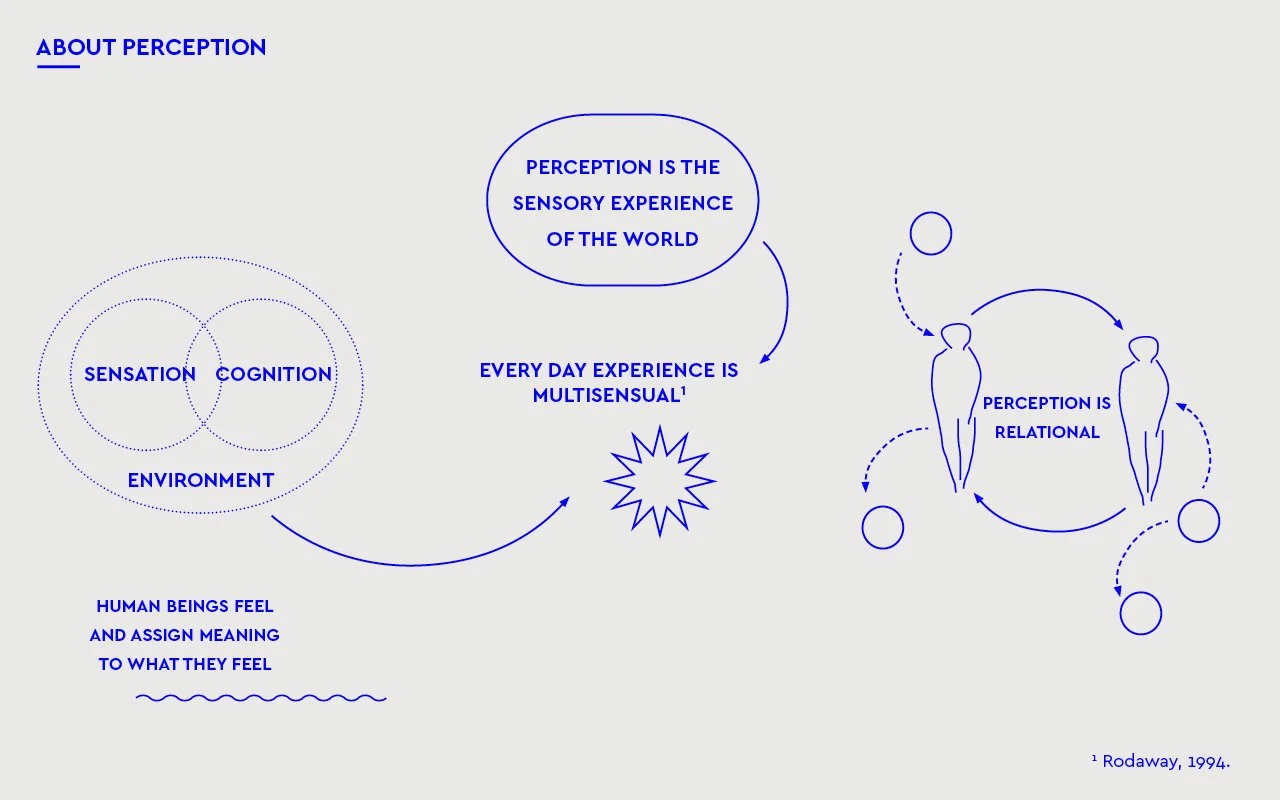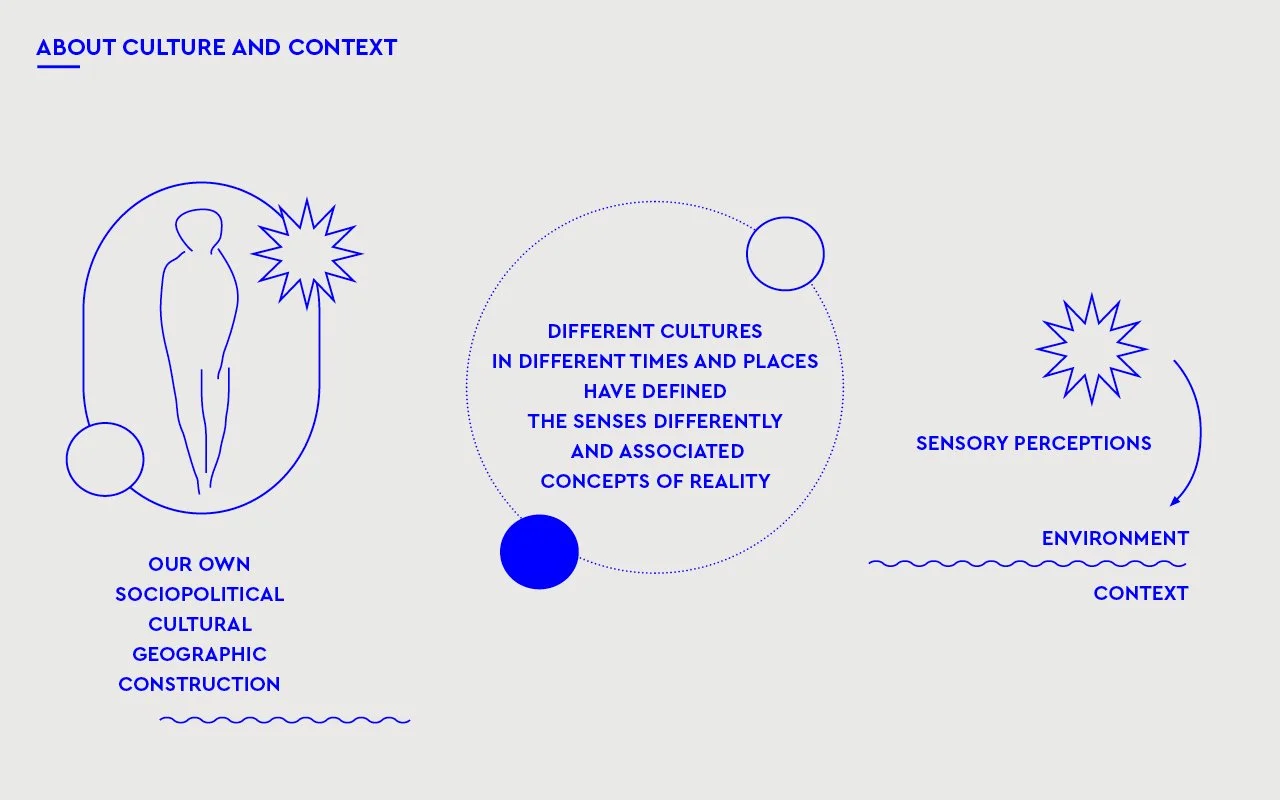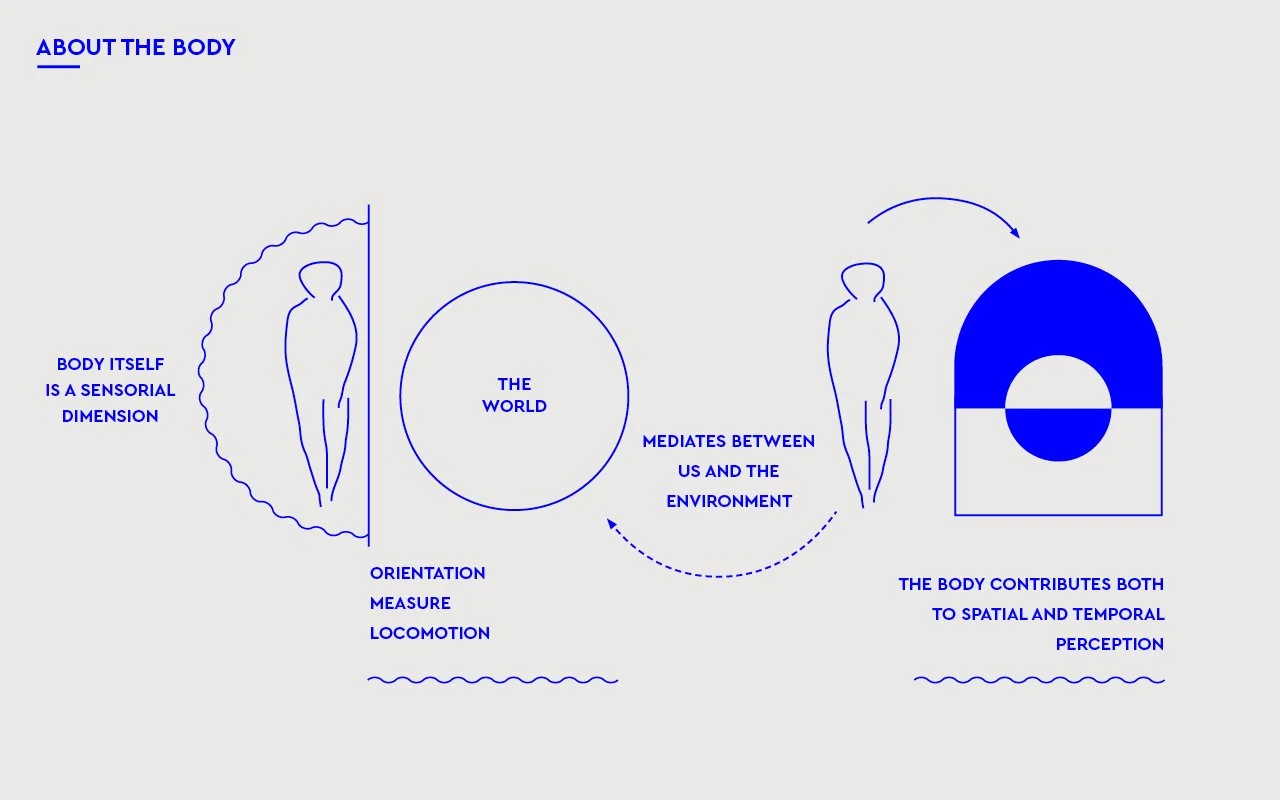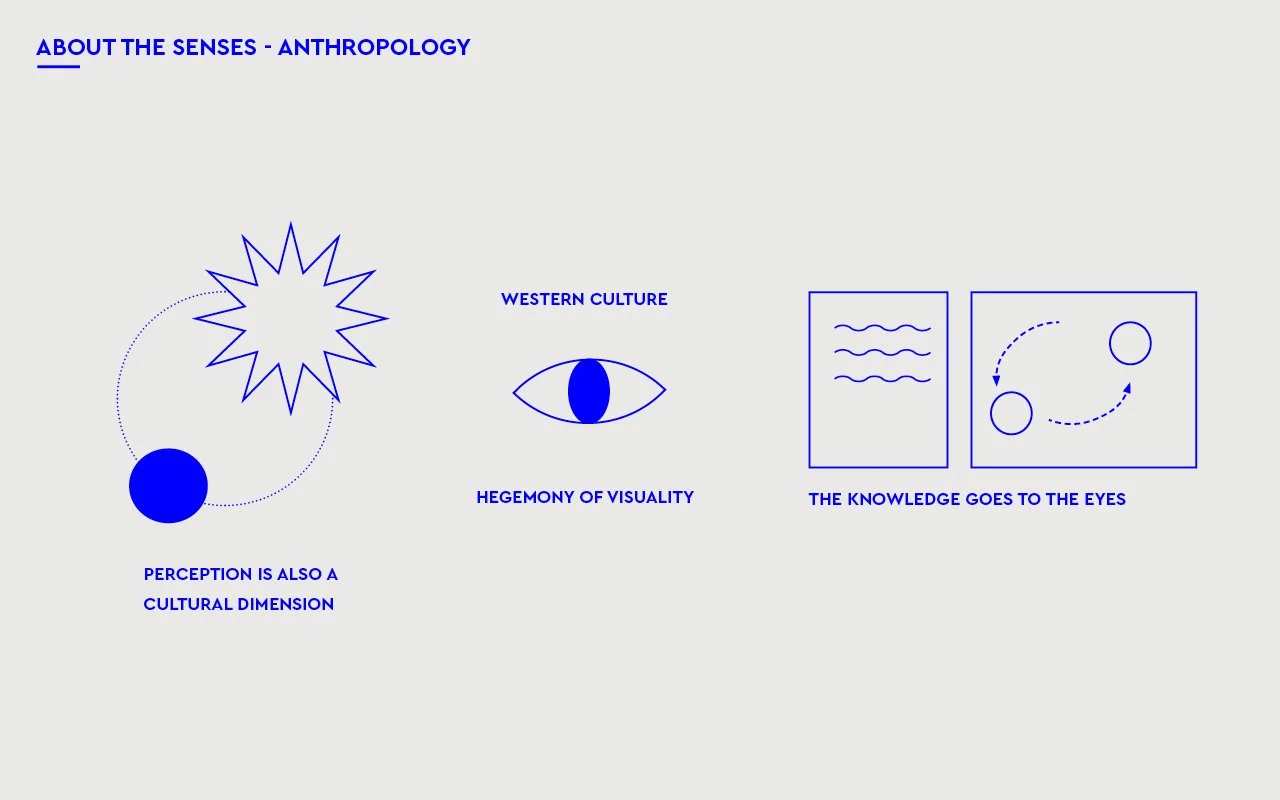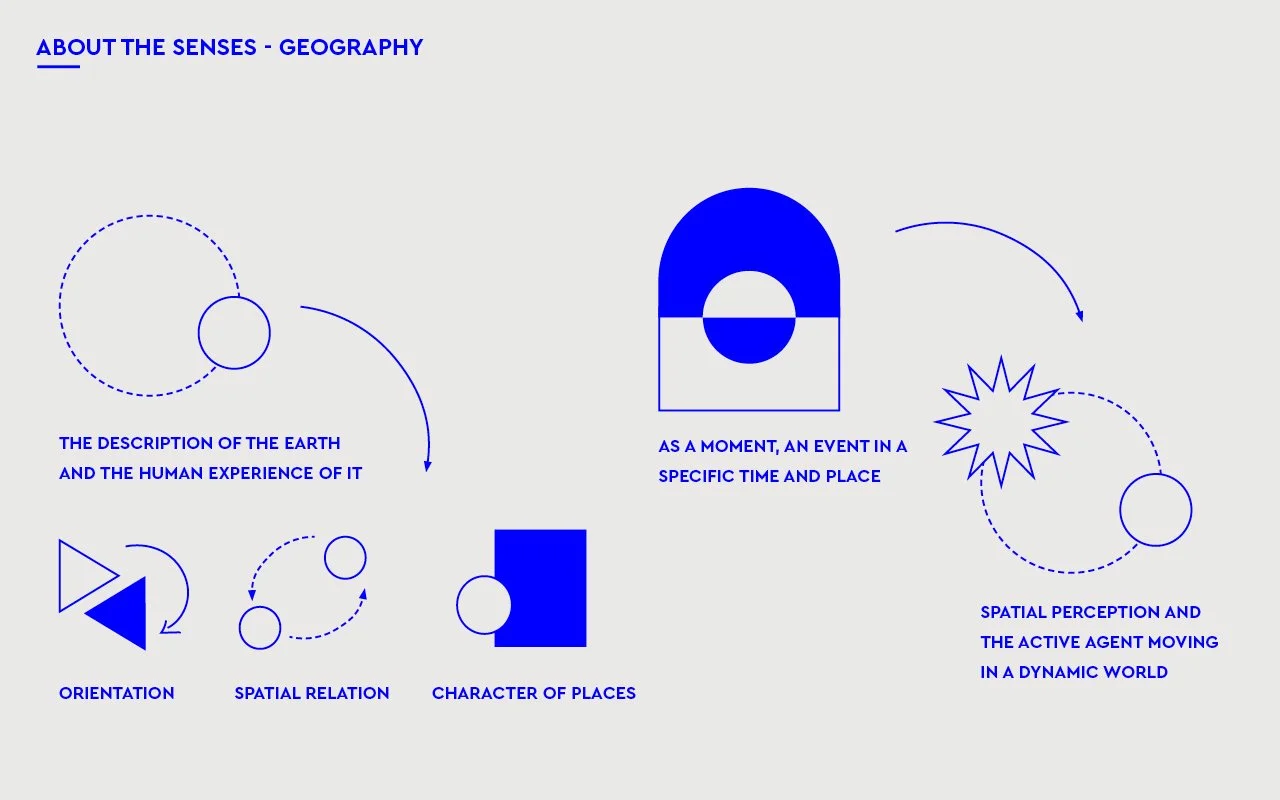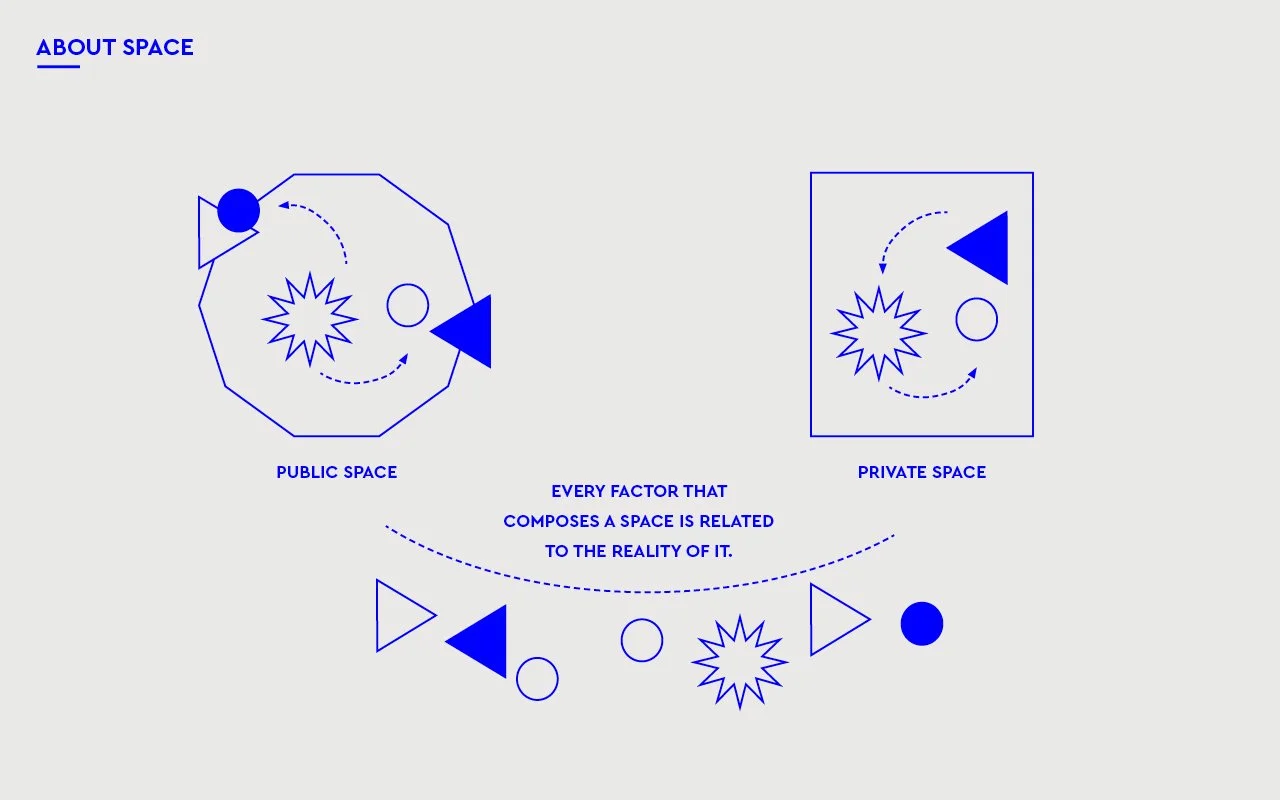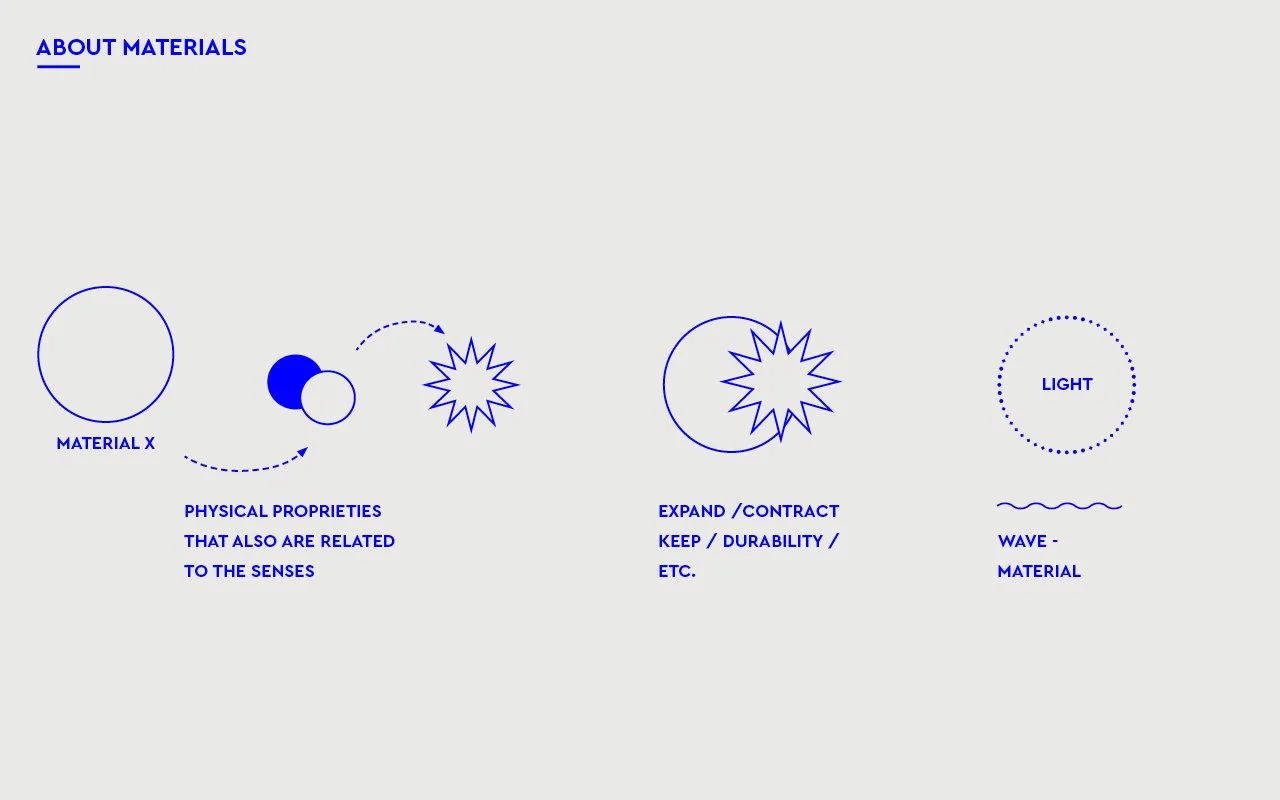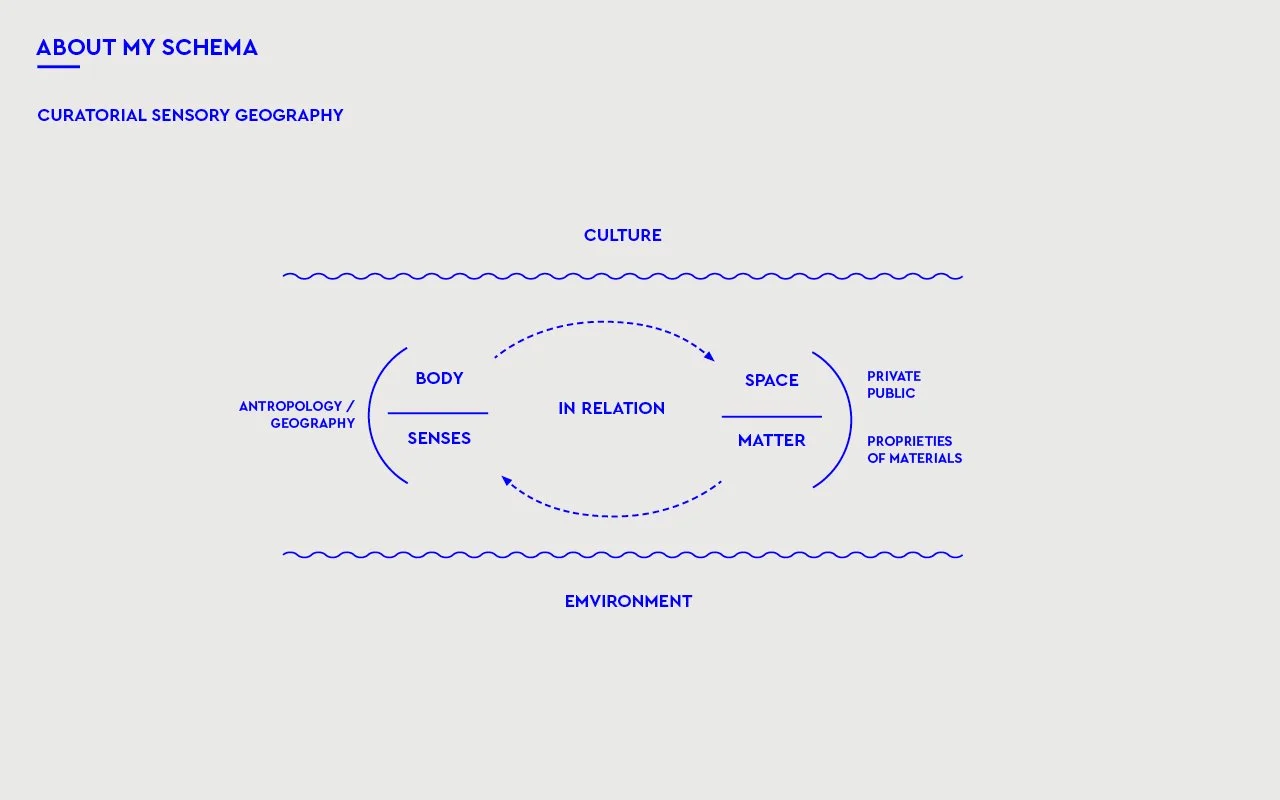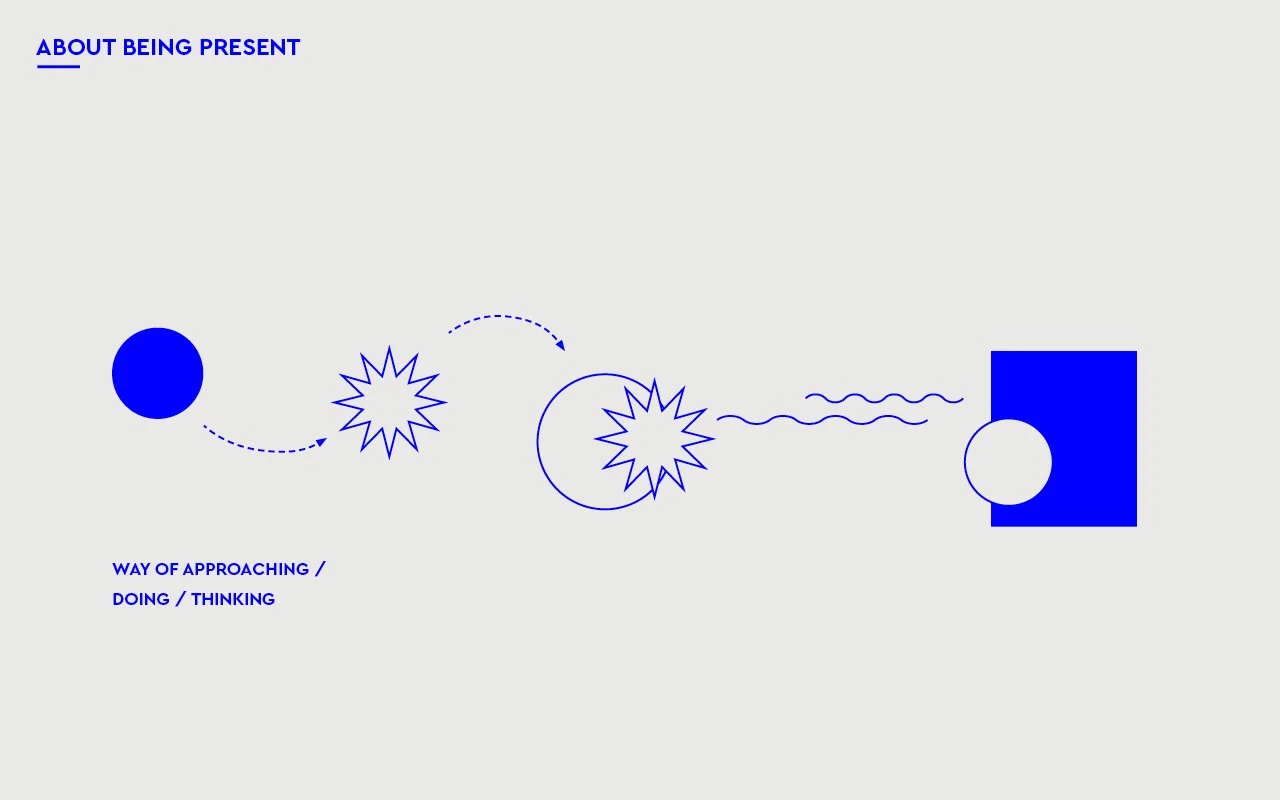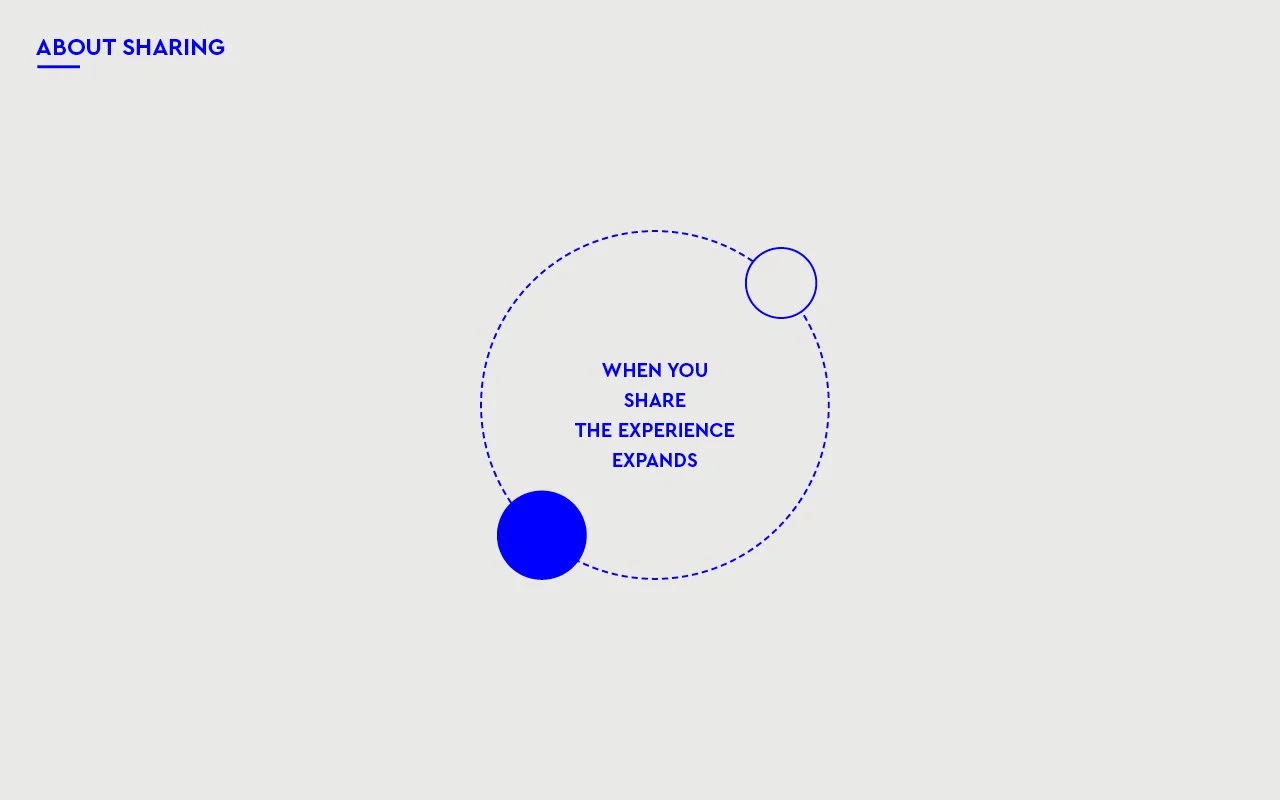Hangar residency
Lisbon, Portugal | 2022
Stage 2
In this second stage, and building upon the questions that remained from the initial phase in Brazil, the research focused on deepening the theoretical framework of sensory studies, with a particular emphasis on geography and its context as a basis for expanding the field of the senses. Perception was approached as an indivisible system, where the various sensory modalities cannot be separated or measured in isolation, but rather understood as a whole, coordinated and contained within the body, here conceived as a measure of the world. From this perspective, geography is understood as a situated sensory experience, capable of transforming space into place through inhabiting and symbolic inscription, and materiality as an active agent directly influencing the experience and memory of space.
This stage critically examined the hegemony of visuality in the West, contrasting it with alternative perceptual models that reveal the cultural diversity in human–environment relationships. The approach embraced an expanded understanding of multisensoriality —including both external and internal senses— and placed the body as an essential mediator between person and environment. As a more concise line of inquiry, several preliminary approaches were tested to embed this sensory framework into curatorial practice in tangible ways, proposing artist–curator–visitor relationships as a sensory ecosystem based on care, accompaniment, and reciprocity. These preliminary explorations remain open, to be further developed in a third stage of research.
